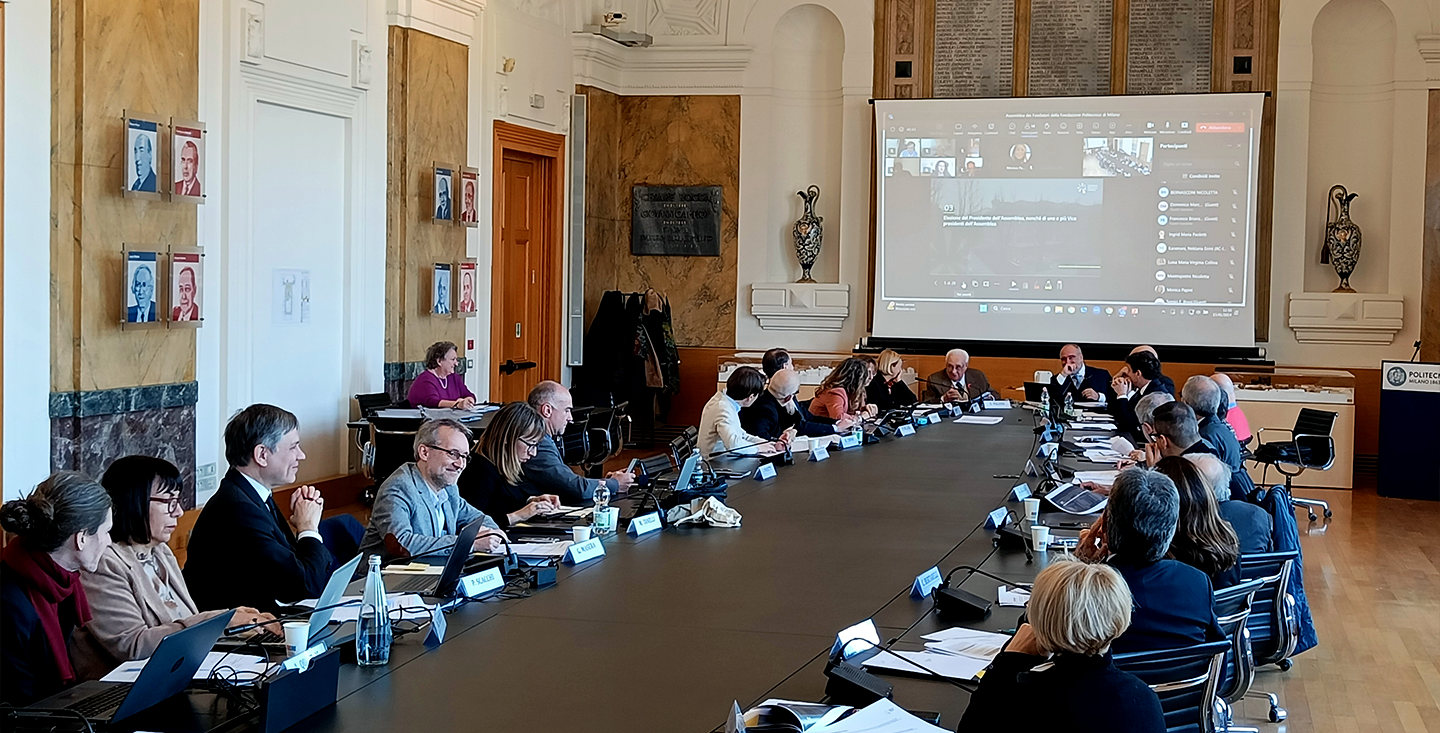There are various alternatives for doing a thesis abroad, let’s look at them together with a few preliminary remarks: to do a thesis abroad you basically need two figures: a lecturer and one or more co-rapporteur professors, one of whom must be a lecturer at the PoliMi and the other at the host university.
Okei but, how do I find these figures?
Mode 1 – do your thesis at the same university as your Erasmus
Do you have an Erasmus planned? Why not optimise your chances! You can endeavour to find a professor who will act as your supervisor at the host university and therefore actually have a related department to one of the Poli’s in which to do your thesis research. Once you have found a supervisor abroad, you will have to find a professor at the Poli who will act as your thesis supervisor.
Another possibility is to look for a professor at the Politecnico who has contact with the partner institution with which you have been selected: in this way, the thesis supervisor will be the Poli professor and the co-rapporteur will be the professor with whom you have been put in contact.
Cost and financial support: at this point, you can also begin your thesis while you are on Erasmus, taking advantage of the scholarship given by the Politecnico through the International Mobility Announcement. Beware, however, that any extensions of your stay will be uncovered by the grant.
Mode 2 – thesis abroad without doing Erasmus
Here, too, we see that there are different modes and approaches:
– To find the thesis, you can rely on one of your Poli professors who may have contacts abroad and who can therefore direct you to a university/research project, so the aforementioned contact will become the co-reporter abroad.
– Alternatively, you can find a project or thesis to be developed at a university abroad and then find a co-reporter at the Poli who would be interested in supervising you.
Cost and financial support: to officially leave, you will have to register with the Free-Mover application on the online services ONE MONTH BEFORE DEPARTURE, which, however, does not provide for any financial compensation, which is why it is a good idea to also register for the Call for Theses Abroad: Depending on the number of weeks there, you are entitled to a contribution of a minimum of 2000 euros, up to a maximum of 3500 euros for 24 consecutive weeks.
It is also important to know that some universities pay for thesis students or researchers, so please inquire, any support from the host university cannot be combined with the Poli Thesis Abroad grant!
Mode 3 – thesis in a company
An alternative is to do a thesis in a company based abroad and therefore in collaboration with an organisation outside the university world. In this case, the company will probably pay you (we are not in Italy!) and you will be able to cover the costs of your stay abroad. Remember, even in this case all you need to do is find a professor at the Politecnico who is aware of the project and who is a lecturer, you will also have to sign an internship between you, the PoliMi and the company and it is essential to do this, together with all the documents, before you leave.
Cost and financial support: this is incompatible with the Thesis Abroad grant, but it is hoped that the company will provide you with an employment contract and you will therefore be able to support yourself.
Other things that are useful to know
The first way is clearly the quickest and easiest solution, but if you would really like to study at a particular university, then you should make the effort to find a thesis abroad. The only downside is that professors often do not respond because they are too busy, so it can be difficult! Having support from a Poli prof is very convenient from an administrative point of view.
Some universities do not distinguish between external and internal students and have a complicated selection process that often involves a final interview. In Germany, for example, you are often required to apply for available theses together with all internal students of the host universities. However, what they offer is, most of the time, a work contract as a student worker in the lab, with a monthly salary! The same application process can be found at the University of Seville in several departments, so it is a good idea to apply in good time.
WARNING: not all universities accept Free-Movers for theses, mainly because the term ‘free movers’ often does not apply abroad, where the figure of the thesis advisor is that of a researcher! This is not to say that you cannot go to these universities, but it is obligatory in these cases to have a professor who supports the thesis and who therefore knows your Poli professor, the famous ‘contact’. It is not said in these cases that you will be recognised as a student, but as an external collaborator so you may not have access to student services, such as library/book lending/etc.
The mobility office does NOT deal with study abroad grants, which are provided by the DSU office instead.
Article by: Sara Pace




